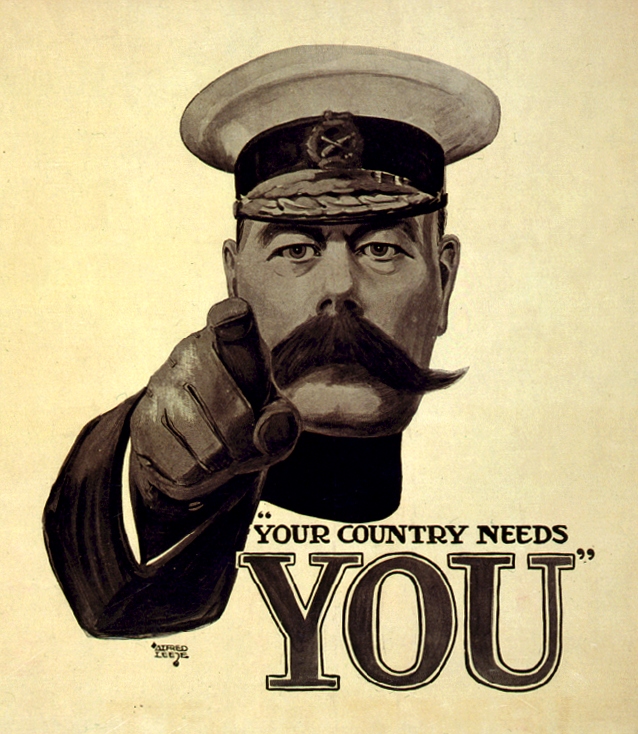Millions on the Battlefield, Fate of France in the Balance
Special to The Great War Project
(5 September) On this day, precisely a century ago, the Battle of the Marne begins on the Western Front. On the allied side the fear is palpable that the fate of France is at stake.
The war could be won or lost at the Marne. German forces are only 23 miles from Paris.
“At the moment when the battle upon which hangs the fate of France is about to begin, all must remember that the time for looking back is past.” These are the words of the French commander-in-chief, General Joseph Joffre.
“Every effort must be concentrated on attacking and throwing the enemy back.”
The French army even uses local taxis, hundreds of them, to ferry fresh troops to the battlefield.
Similar messages are issued by the British forces. They are positioned closest to Paris, between the Marne and the Seine.
At this moment, the mood in Paris is grim. According to historian Max Hastings, “shops closed, traffic vanished, hotels emptied. Thousands of Parisians who had not fled were impressed into labor battalions to build barricades of felled trees and dig trenches on the main roads into town.”
The armies on the battlefield are colossal, larger than any in history up until this time.
1,275,000 Germans, 1,000,000 French and another 125,000 British troops.
After the long Anglo-French retreat, their goals are first and foremost to give up no additional territory, thereby protecting Paris, less than 23 miles away. “The ferocity of the actions,” writes historian Martin Gilbert, “reflected the determination of the Anglo-French forces to reverse the tide of retreat.”
Almost immediately the Germans are on the defensive.
They are exhausted from the long chase of the French and British. At the Marne, they dig in. There is much evidence, according to local residents, of drunkenness among the German troops.
Gilbert notes just one small action and the lethality of modern weapons. French troops position a machine-gun from 500 yards and fire the length of a German trench. They ignore German efforts to surrender. When the firing stops, more than ninety German soldiers do surrender. “More than 400 remained in the trench, the dead and the wounded.”
On this day, the magazine London Opinion prints a poster that becomes an iconic image in the Great War: a drawing of Lord Kitchener, head of the British War Council, his finger pointed straight at the viewer.
The caption reads: “Your Country Needs YOU.”



Another good one, Mike. My father and I have become addicted to these postings.
Keep it up.
Thanks John. I am glad you and your father find the posts interesting. Will try to keep it going. This perspective really helps in getting a better idea of what actually happened and when.